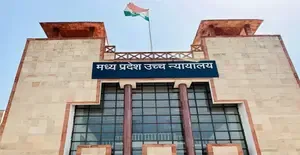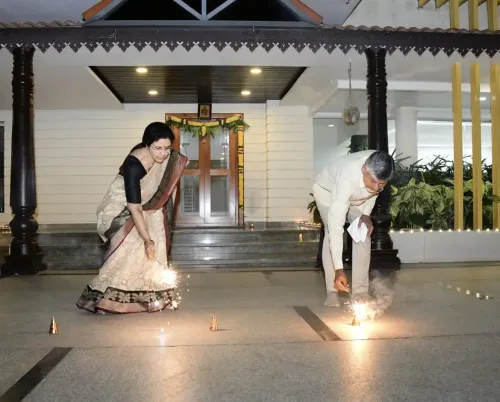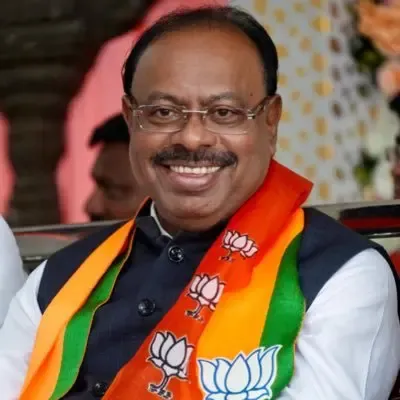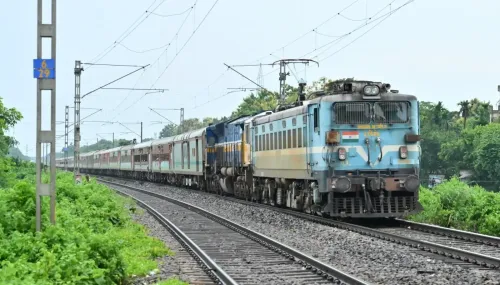Why Did Madhya Pradesh HC Deny Anticipatory Bail to a Cartoonist Over Controversial Satire?

Synopsis
Key Takeaways
- Madhya Pradesh High Court's ruling emphasizes limits on freedom of expression.
- Concerns over social harmony arise from controversial satirical content.
- Legal implications under Bharatiya Nyaya Sanhita and Information Technology Act are significant.
- Case highlights challenges faced by artists in expressing dissent.
- Judicial precedents remain critical in shaping future cases.
Indore, July 8 (NationPress) A contentious situation surrounding a satirical cartoon escalated as the Madhya Pradesh High Court in Indore rejected anticipatory bail for the accused, Hemant Malviya.
The ruling, issued on July 3, 2025, by a single bench headed by Justice Subodh Abhyankar, concerns a caricature shared on Malviya's Facebook account, which reportedly portrayed the Rashtriya Swayamsevak Sangh (RSS) and Prime Minister Narendra Modi in a disrespectful and offensive light.
The court took a firm position, indicating that such material could potentially disrupt social harmony, and deemed Malviya's arrest justifiable under Section 41(1)(b) of the Criminal Procedure Code.
The bench further refused to extend protections suggested by the Supreme Court's ruling in the Arnesh Kumar case, concluding that the specifics did not warrant leniency.
The court remarked that Malviya had “clearly crossed the line of freedom of speech and expression.”
The caricature featured an RSS figure with khaki shorts lowered, while the Prime Minister appeared to administer an injection to the exposed figure, accompanied by a provocative caption referencing “derogatory lines involving Lord Shiva” and the “caste census.”
The court determined that the content, alongside Malviya's endorsement and his invitation for others to alter and share the cartoon, was in poor taste and constituted a deliberate attempt to offend religious sentiments.
The Lasudia police station in Indore initiated legal proceedings against Malviya for offenses punishable under Sections 196, 299, 302, 352, and 353(3) of the Bharatiya Nyaya Sanhita, 2023, and Section 67-A of the Information Technology Act, 2000.
The prosecution, supported by the State and an objector affiliated with the RSS, asserted that the cartoon was a continual effort by Malviya to tarnish the reputation of the RSS and disrupt social harmony.
The High Court agreed, underscoring that the freedom of speech protected by Article 19(1)(a) of the Constitution does not extend to actions that intentionally insult religion or provoke discord.
Highlighting the necessity for custodial interrogation, the court concluded that Malviya's actions exhibited a tendency to repeat such offenses, thereby denying relief under Section 438 of the Criminal Procedure Code and its updated equivalent in the Bharatiya Nagarik Suraksha Sanhita, 2023.
Previous legal precedents cited by Malviya's counsel, including rulings from the Supreme Court and the Kerala High Court, were deemed “distinguishable” and “not applicable” to this case.
The court ultimately decided that the caricature, along with Malviya's public endorsement, exceeded the limits of acceptable satire and warranted significant legal repercussions.









